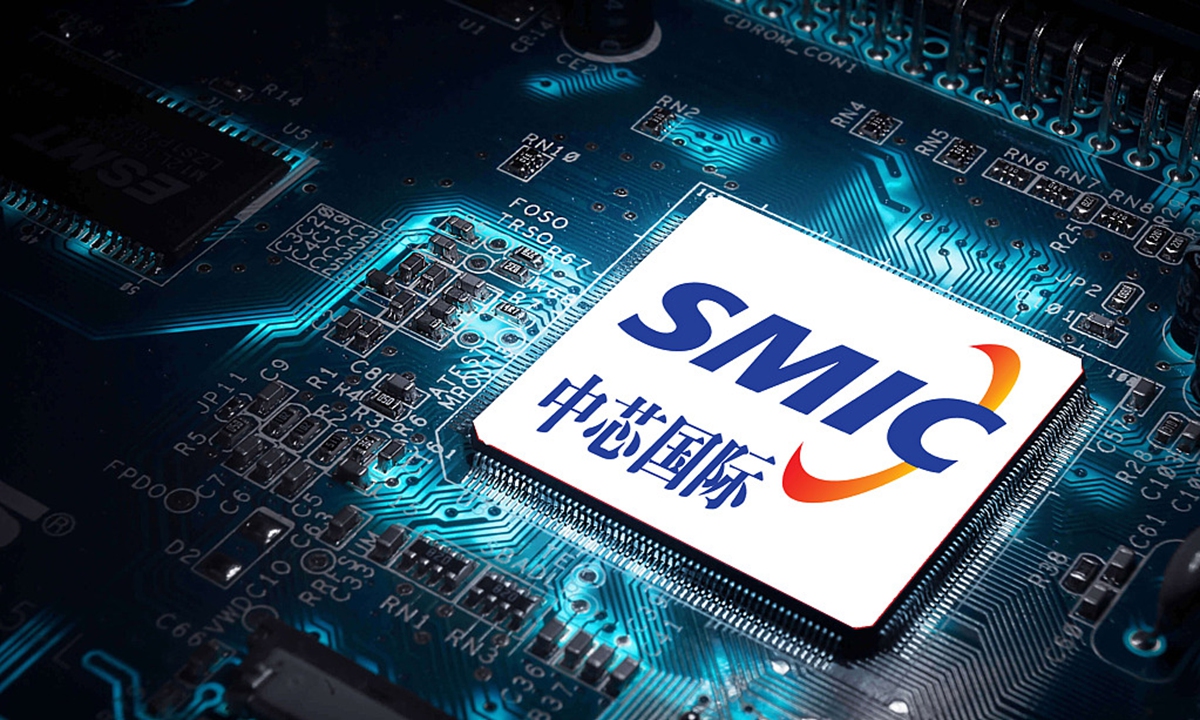On Friday, the Bureau of Industry and Security (BIS) of the US Department of Commerce announced the tightening of export restrictions on China. The main goal is to contain the technological development of its main competitor in the semiconductor industry. But so far, this has only led to a drop of stocks of semiconductor companies, not only Chinese but also Japanese, South Korean and American.

The restrictive measures themselves essentially block China's access to high-end American chips and to semiconductor equipment used to manufacture chips. The new rules prohibit US citizens and companies from supporting the development or production of advanced chips by Chinese companies without a license. The latter, in our opinion, may lead to the fact that soon there will be a wave of American specialists who hastily leave their jobs in China.
How might this affect the industry? The first reaction of the investment world is extreme concern. Quotes of the largest players rushed down - TSMC, Samsung Electronics, Tokyo Electron, Intel, AMD, Nvidia. And although the fall in quotes so far shows only single digits, for the industry these are quite serious indicators that it has not seen for a very long time. This reaction is quite logical. After all, only according to initial estimates the impact of sanctions on their business can be expressed in a decrease in total revenue from 5 to 10%.
Of course, there will be winners in this situation. But it mainly concerns those areas of the industry where serious competition has already been observed between American and Chinese companies. For example, Micron and Western Digital are clearly benefiting from Yangtze Memory's weakening. As for other areas in the industry, here, most likely, there is “work for the future” and it will become clear a little later. Including the plans of the companies themselves to work in the new conditions.
Beijing's potential reaction is important. Until now, China has been relatively calm about tightening sanctions pressure. Now patience may not be enough.







